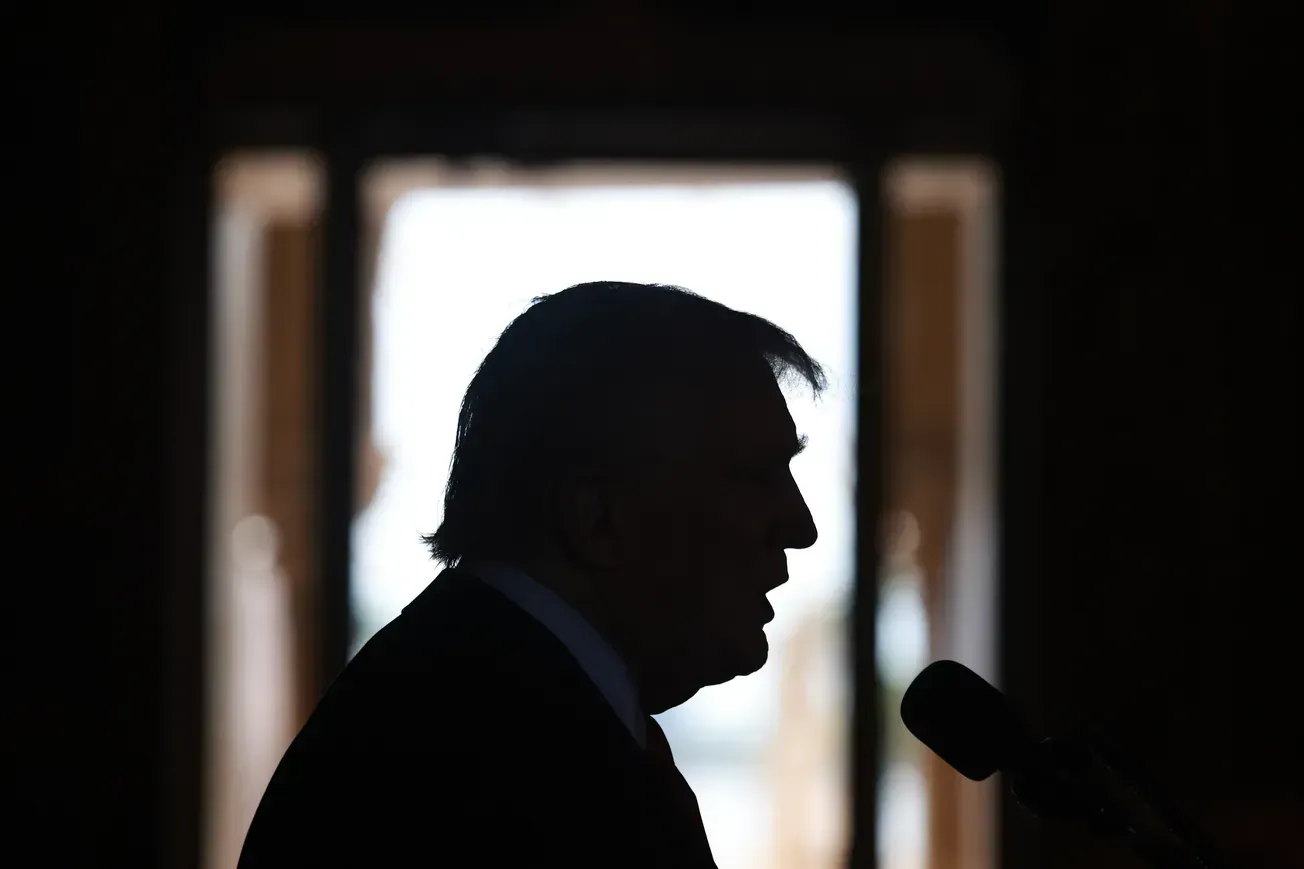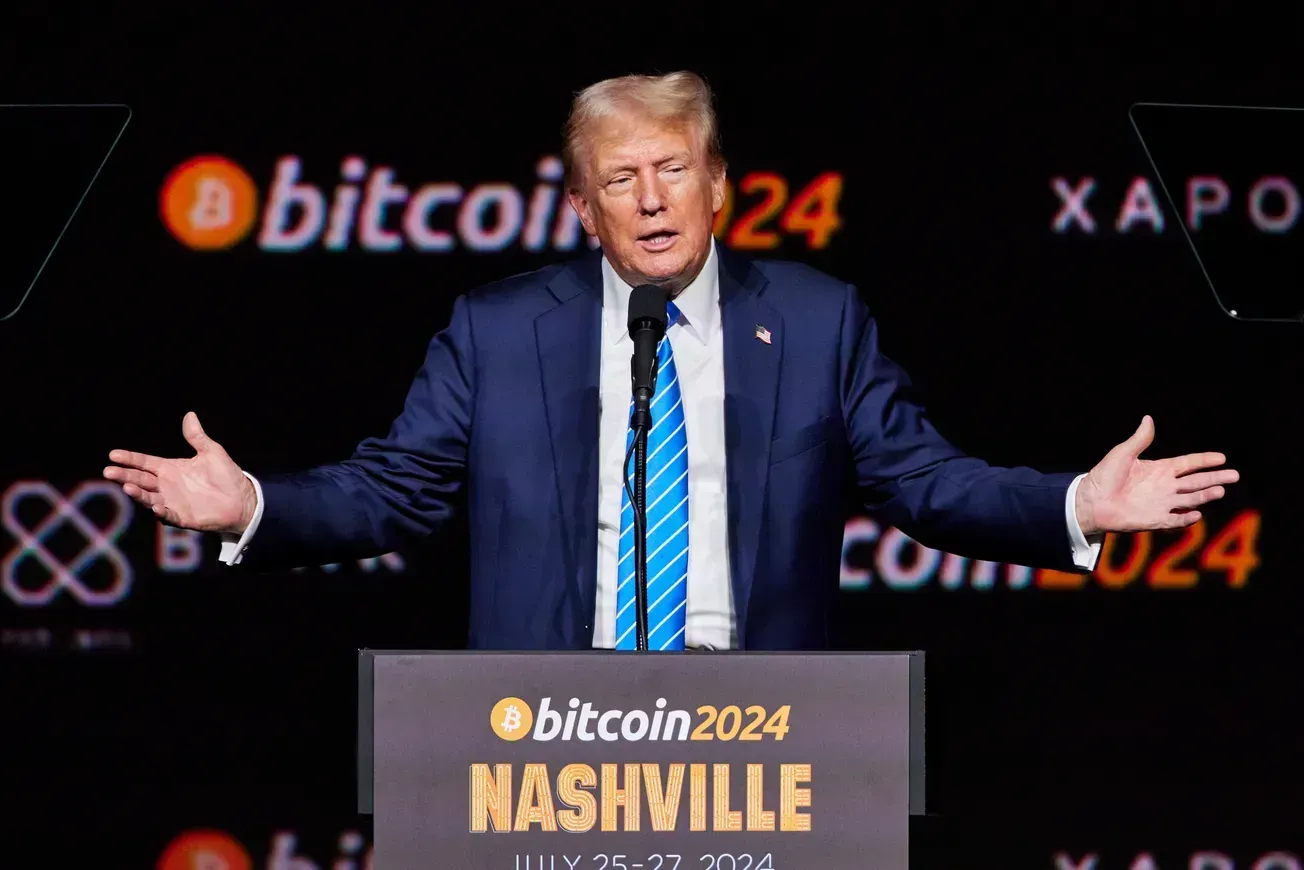- 87% of respondents in the latest TIPP Poll are deeply concerned about inflation
- Bidenflation has driven up prices significantly, with food, energy, gasoline, and used car prices all surging
- More than half (52%) feel their wages haven't kept up with rising costs
- Wage increases historically worsen inflation, posing a challenge in controlling overall price rises
- Strongly unionized sectors have successfully secured wage hikes through strikes, contributing to ongoing inflation
The latest TIPP Poll, completed earlier this month, shows that nine in ten (87%) survey respondents are concerned about inflation. Since January 2022, inflation concerns have stayed above 85% without any signs of softening. The "very concerned" share has been over 50% for twenty-one months.
Bidenflation, as measured by the TIPP CPI, which catalogs price increases since President Biden's first full month in office (February 2021), has reached 17.0%. Food prices increased by 20.0%, energy prices went up 34.5%, gasoline by 44.8%, and used car prices by 23.1% since President Biden took office.
When people can't cope with such astronomical rises in the cost of living, they insist on wage increases. But in our poll, over half (52%) say their wages have not kept up with inflation, with only 24% saying their income has kept pace with inflation. The question is whether wage increases help or hurt tame inflation overall.
As we noted in May, wage increases tend to exacerbate inflation, although they provide welcome relief to families that win those pay raises. Milton Friedman's warning - "Inflation is always and everywhere a monetary phenomenon, in the sense that it is and can be produced only by a more rapid increase in the quantity of money than in output," is as accurate today as it was when he first said it. In a healthy economy, wage increases should be tied to worker productivity when workers produce more widgets/goods for less.
Friedman was referring to government-induced inflation, but the point still holds. The only way to beat back inflation at the national level is to limit the money supply, which the Federal Reserve is trying hard to do by keeping interest rates high and stopping quantitative easing. But things haven't been working well.
Workers in well-organized sectors, represented by aggressive employee unions in crucial industries such as the public sector, education, media/entertainment, transportation, and manufacturing, have the best luck in winning wage increases from their employers. These represent the 16% of employees in our TIPP poll.
In part because of the West's foolish obsession with weakening Moscow by strangling Russian energy exports, Europeans first began taking their frustration to the streets, protesting how interest rate increases and war policies were hurting their wallets and lowering their standard of living. Labor strikes followed in Germany and the United Kingdom, with employees demanding and winning wage increases.
Six weeks later, those strikes arrived in America, including at UPS, Hollywood screenwriters, Los Angeles hotel workers, Hollywood actors, and the automotive sector. Inflation remained at the core of worker grievances; in each case, workers demanded higher wages to cope with rising living costs and won significant concessions in their contracts.
When workers get more money for the same work, businesses will try to raise the price of goods and services, knowing that families with the extra cash can afford such an increase. Central banks, attempting to slow down inflation, will tighten the money supply through higher interest rates and stricter lending, resulting in even higher costs for families when borrowing to buy a car or taking out a mortgage. Workers will then strike again, demanding even higher wages. It is nearly impossible to stop this cycle.
Our warning in May is now playing out between the auto companies and the UAW. While workers at Ford and Stellantis are likely to approve new contracts, workers at General Motors may only do so by a squeaker. The New York Times reported last week that GM's offer to workers is extraordinarily generous. "The tentative contract raises the top wage by 25 percent, from $32 to more than $40 over four and a half years. Workers who were recently hired will see their hourly wage double."
Yet, traditional workers at GM are unhappy. They are beginning to vote against this contract, although the increase is more than the combined pay increases the union has won over the past 22 years. They are demanding even more concessions to health care contributions and pensions, further increasing their income. GM workers are not making more cars per hour, but their wages are increasing significantly.
Only about 6% of the American workforce is in private unions, but as the Times notes, some non-union plant workers have also won substantial wage increases. "Toyota has told workers that it will raise hourly rates by 9 percent in January. Honda and Hyundai will lift wages by 11 percent and 14 percent next year. Hyundai plans to increase wages by 25 percent by 2028."
What all of this means is that the prices of most items will continue to stay high, dealing a big blow to the majority of workers who can't negotiate salary increases. The Biden administration's reckless borrowing and spending policies have resulted in causing the underlying inflationary disaster.
It is little wonder that 66% of Americans say the country is heading down the wrong track.

Thanksgiving Sale!
Subscribe for the first year at half price for $49.50! Hurry, the offer ends on 11/24.









